 Web Content Viewer
Web Content Viewer
Cloud Computing
Retailers Utilize ERP and Cloud Technology to Create Sustainability
The chief sustainability officer of The Home Depot, Ron Jarvis, said that there are no environmentally friendly companies, and everything we do has an environmental impact with risks across the board, whether by carbon emissions, chemical exposure, or deforestation.
Bridging the Labor Gap with Cloud Technology
In a recent article in Forbes, I wrote about how the current labor shortage of 4.6 million workers—the greatest since the World War II era—is plaguing industries from IT services and security, to manufacturing and retail, as well as transportation and the flow of goods in many areas. By having to take on too many responsibilities to fill labor gaps, workers become less efficient, and therefore less productive, which from an IT perspective can leave the organization vulnerable to cyberattacks.
The Effects of Ransomware: What Should You do if You’re Data is Compromised?
In 2021, ransomware attacks have risen by 62% worldwide, and 158 percent in North America. After Ransomware attacks on major organizations such as Colonial Pipeline, JBS Foods, and others, made headlines last year, more businesses than ever are reviewing their cybersecurity practices to shore up defenses and protect their data.
Most organizations, regardless of size or industry, will be the victim of one or more ransomware attacks. IT systems are the foundation of a business and any downtime from ransomware attacks or viruses can lead to business disruptions, lost revenue, or even lost customers. It’s critical to be prepared for an event such as this, while hoping it never happens.
Cloud Architecture and Endpoint Security: Protecting Your Company's Most Valuable Assets
For companies who are looking to boost their security frameworks, many are turning to cloud-based solutions, such as an ERP software suite of applications, which already offers increased layers of protection and risk mitigation that employs a security-first approach with automated checks and layers to the system. In partnership with the service provider, companies who implement security monitoring and access controls can ensure access to applications hosted in the cloud remain secure. The flexibility of the cloud makes it more functional to connect various networks together and layer in security throughout, rather than having separate systems that are difficult to maintain and track on one centralized platform.
The Future of ERP for Companies with Work-From-Anywhere Models
For companies who are sustaining working-from-anywhere models, security, cloud, and mobile technology will be the key aspects of the future of Enterprise Resource Planning (ERP) and access to it will remain a critical capability in allowing workers to do their jobs as if they are in the office, from anywhere. The ability to successfully operate and monitor your business in any kind of remote structure relies on the security, accessibility, standardization, and communication provided by your IT infrastructure and ERP software. Shoring up your security defenses, operating in a cloud environment, and utilizing mobile technology will take your ERP software to the next level and optimize its capabilities including for remote workers.
Leveraging AI and Blockchain to Enhance Efficiencies in the Supply Chain
The global supply chain has taken a hit over the past year, which has slowed down distribution channels, heightened labor shortages, and increased product delays. However, advanced technologies such as artificial intelligence (AI) and blockchain have created opportunities for companies to enhance supply chain operations moving forward.
By using this site you agree to our Privacy Policy and our Terms of Use.
120 Comac Street
Ronkonkoma, NY 11779
Ronkonkoma, NY 11779

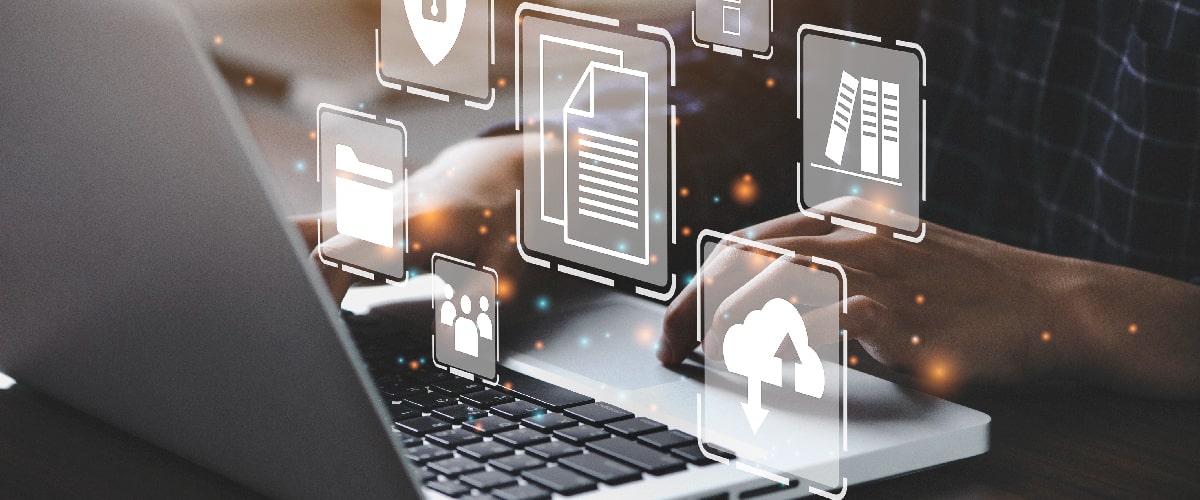
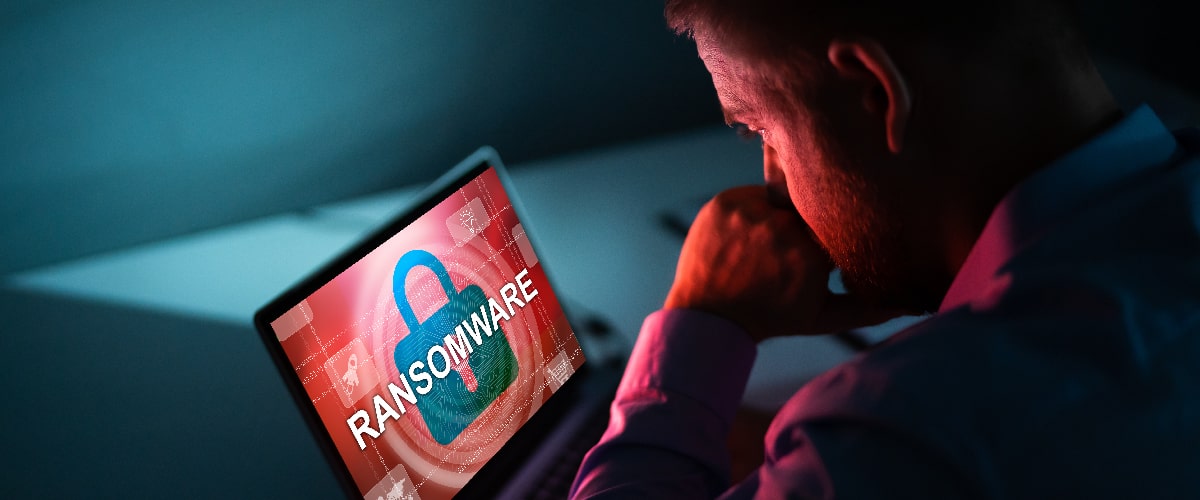
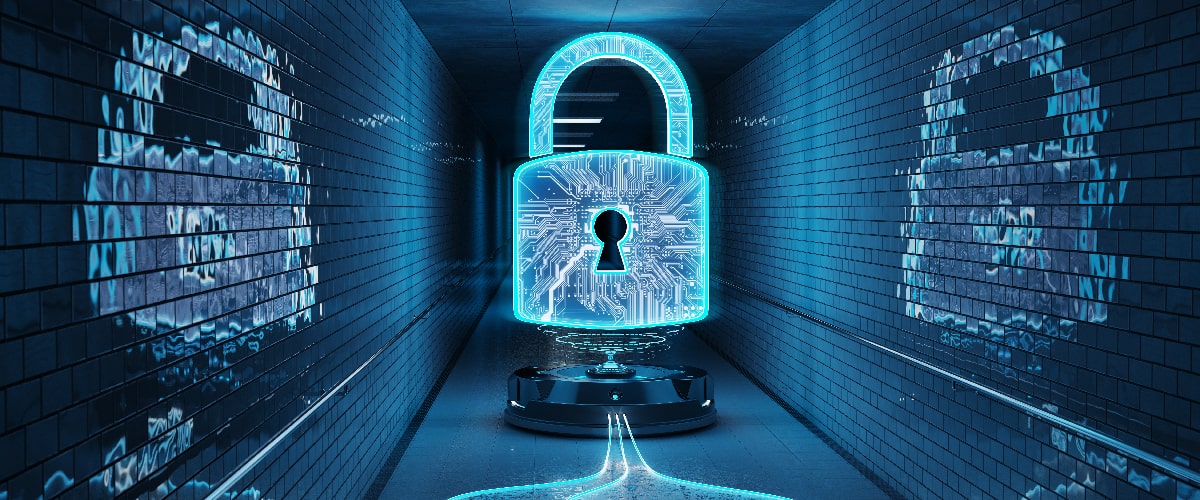
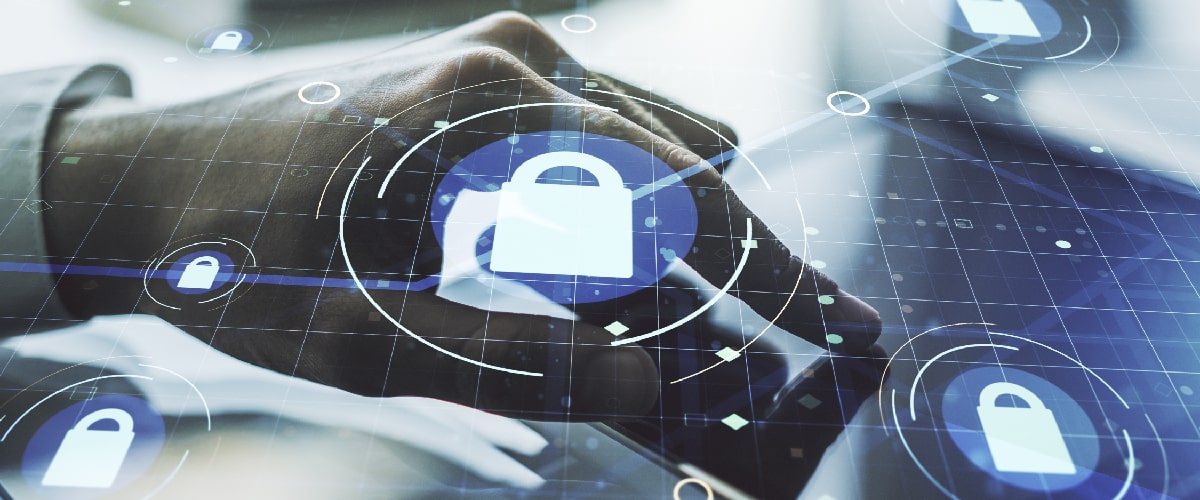
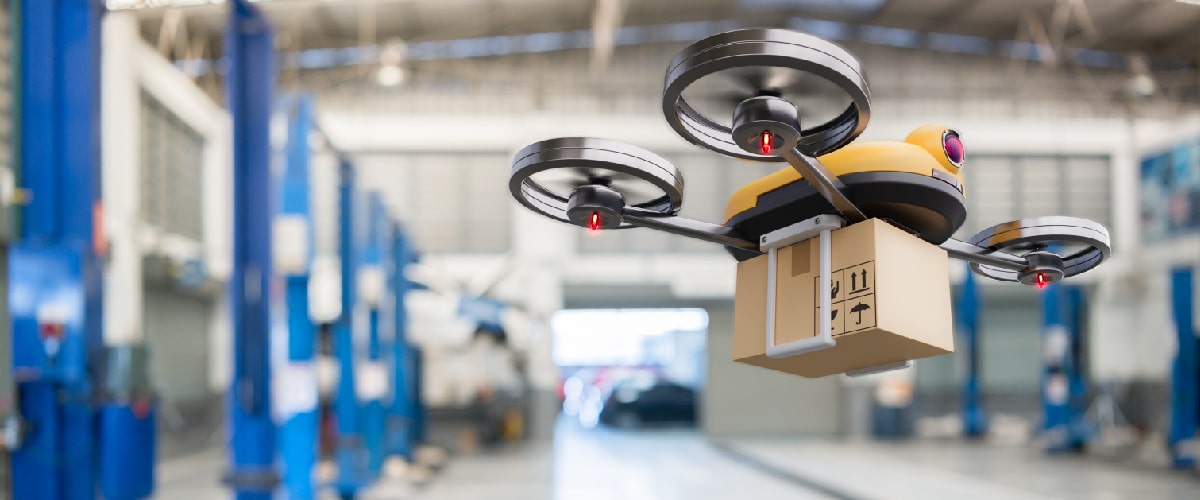
 | Vormittag Associates, Inc. ©2024 |
| Vormittag Associates, Inc. ©2024 |